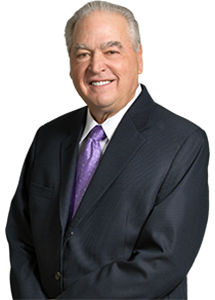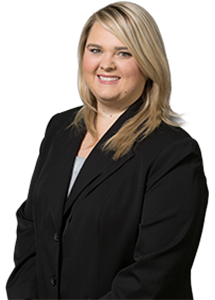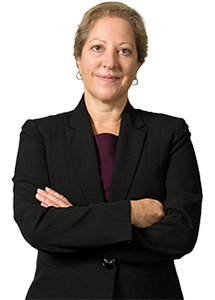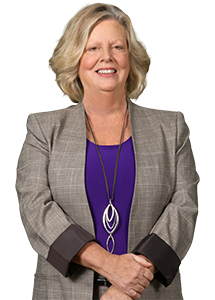As a management tool, trusts accomplish two goals. One, they protect people from their own financial immaturity. For example, about a month ago, I met with a wonderful woman with four children. As we discussed her strategy to take care of the people she cared about, she began to violently weep. You see, before meeting with me, she had come to the difficult decision to write one of her children out of her estate plan; a son with terrible spending habits linked primarily to a substance abuse problem. Her quote: “Everything I leave him puts him in greater danger.” I then proceeded to explain how a trust could accomplish her goals; she could leave 25% of her wealth to a trust to benefit her son, yet have someone whose financial wisdom she trusted to oversee how those funds are used to benefit him.
But protecting people from themselves is only one reason to leave property to a trust rather than outright to the children. The other is to protect them not from themselves, but from others. If Mom and Dad design their estate plan to leave 1/3 of a child’s share outright at 25, 30, and 35 years of age (a classic design in my area of the world), those distributed assets are exposed. If they, the children, get into an automobile accident or sign a poorly thought through personal guarantee, the assets Mom and Dad wanted to take care of the person they cared about will instead be diverted to an undesirable creditor. But the main reason to use a trust is not to protect your assets from some amorphous, unknown creditor but rather a known one; a creditor that 51% of married people deal with that takes 50% of their worth. That creditor, of course, is a divorcing spouse. If Mom and Dad leave property outright to their child, unless careful accounting is done (which in my world is rarely the case), Mom and Dad’s ex-son or daughter-in-law end up with half. If they leave the property in a well-designed trust, that is not the case.
So, a well-constructed estate plan leaves property to the children in trust rather than outright. The trust protects those children from themselves (if they need that protection) and from others. But what about those children’s enjoyment? Isn’t it better to own property? If the children owned the assets directly, wouldn’t they have more freedom and control? Not so—and those points will be addressed in part two of this blog post.











